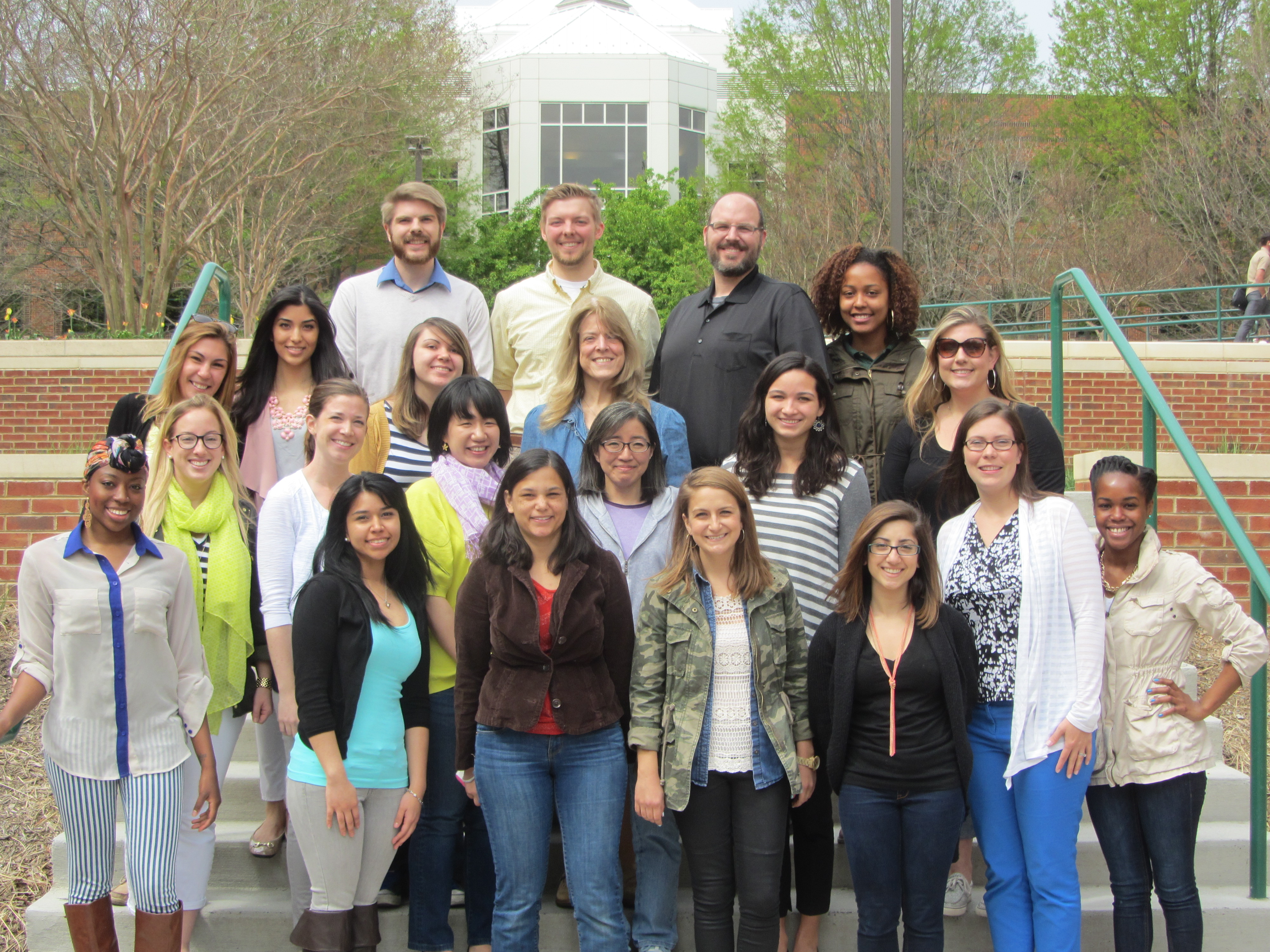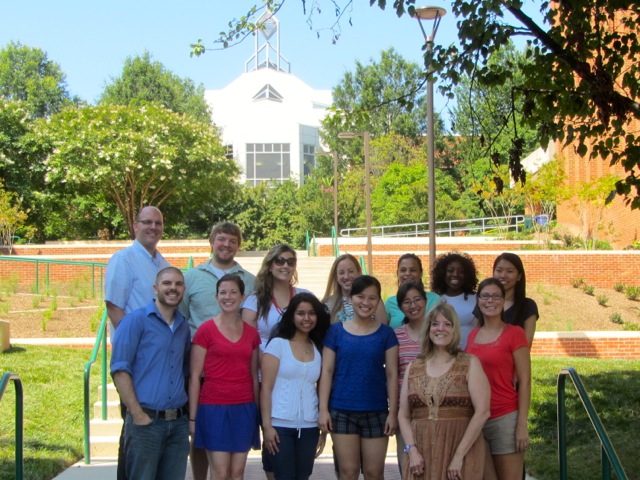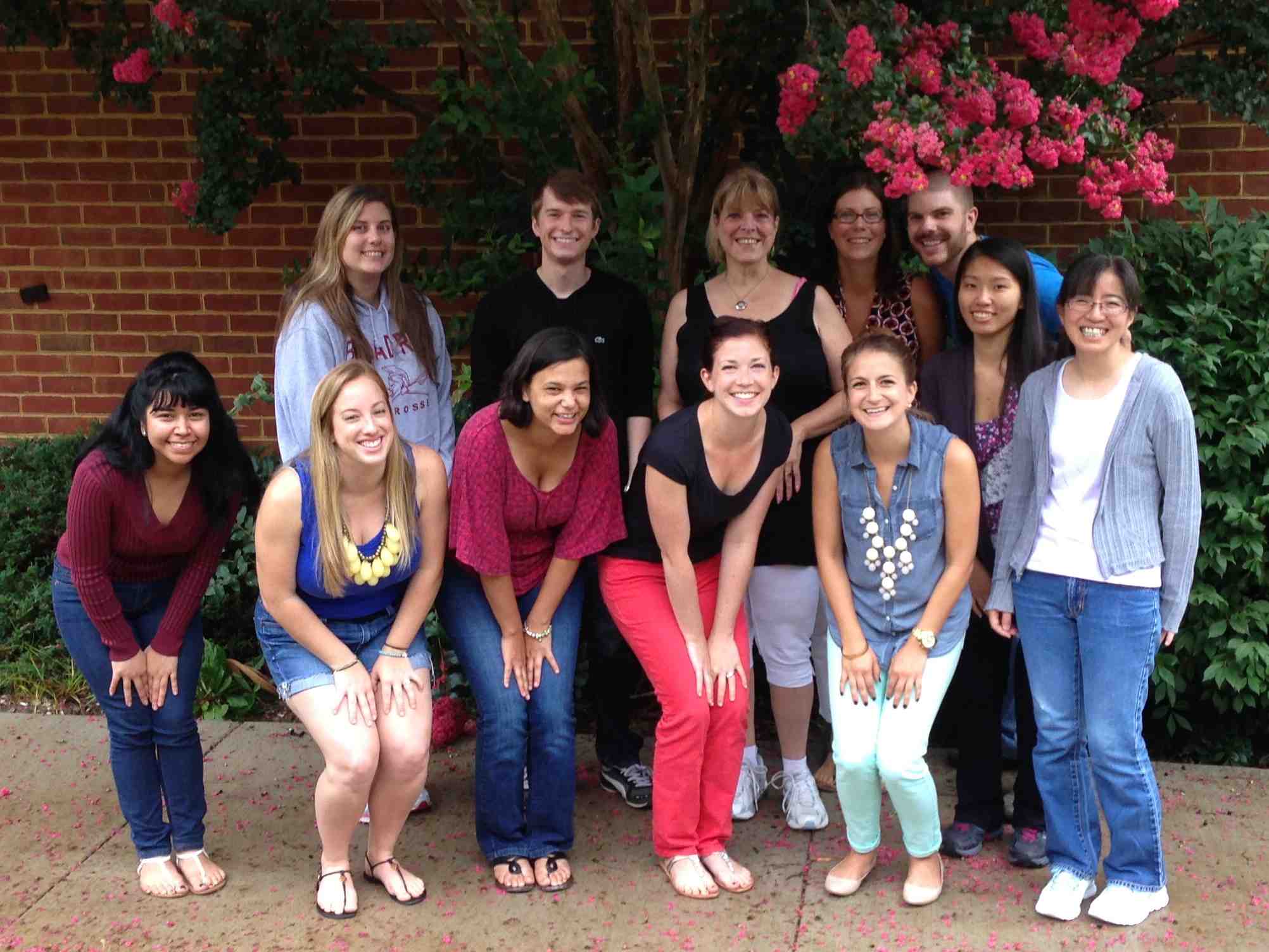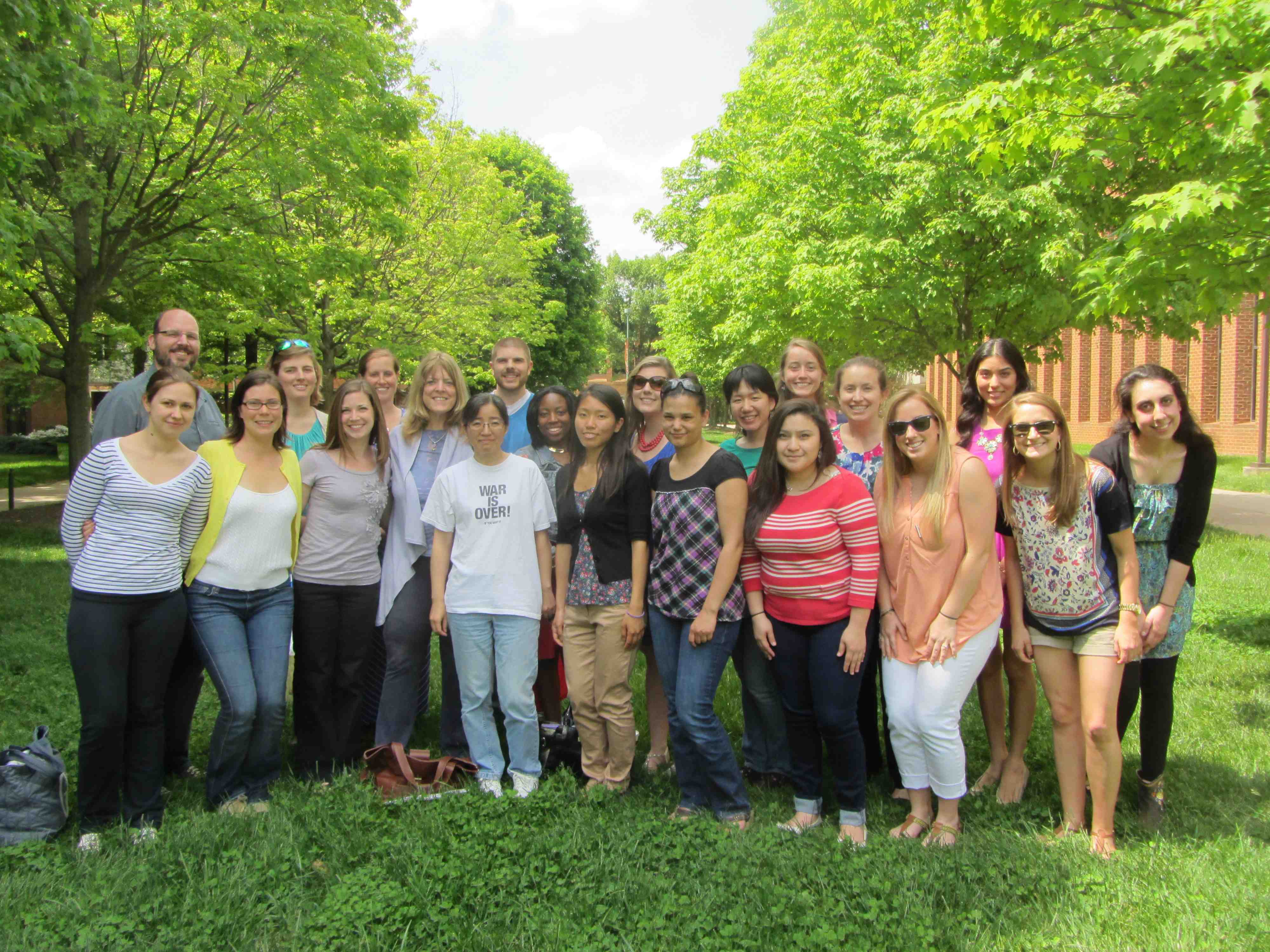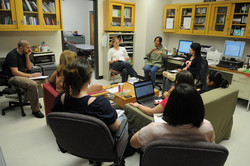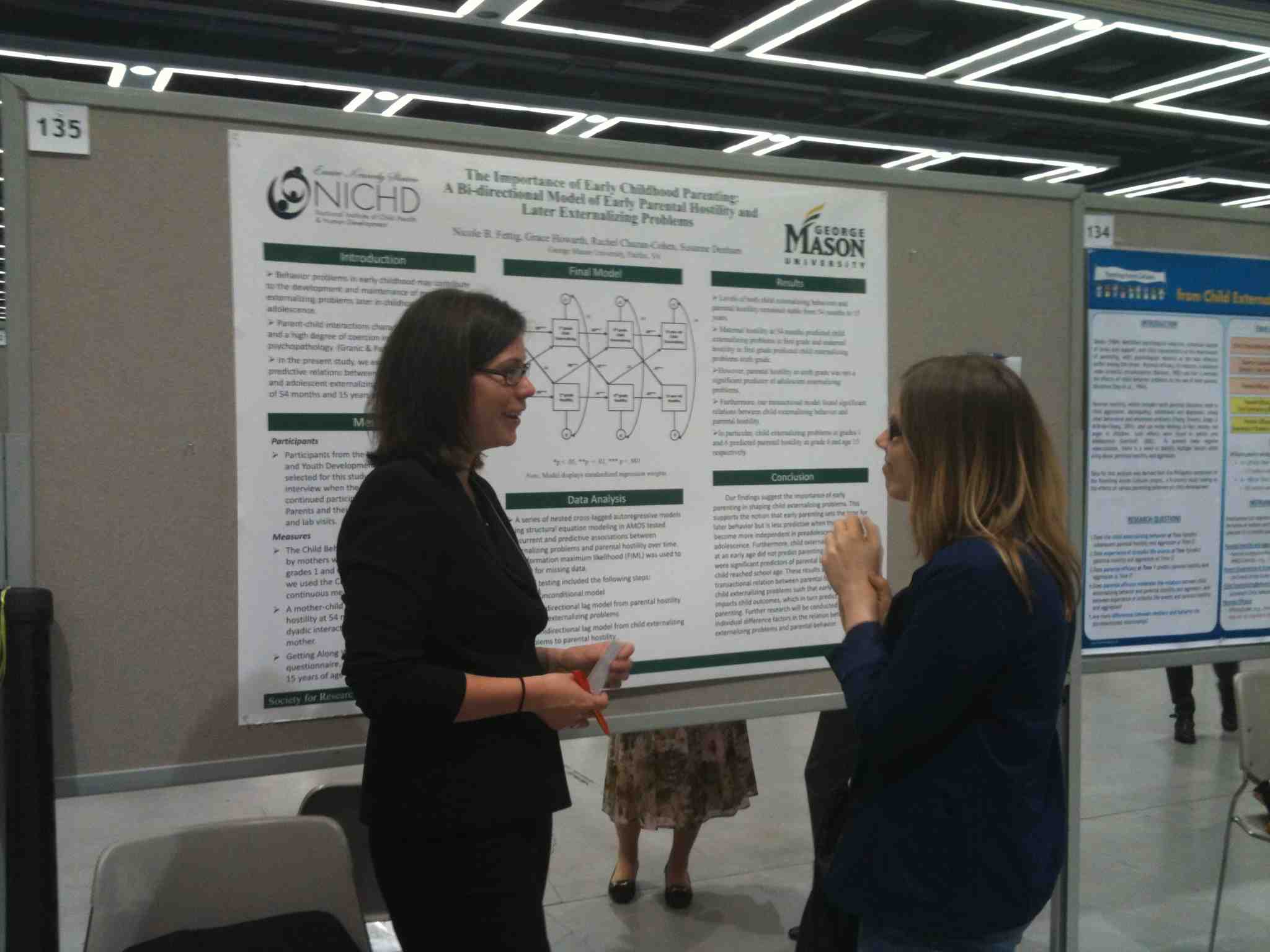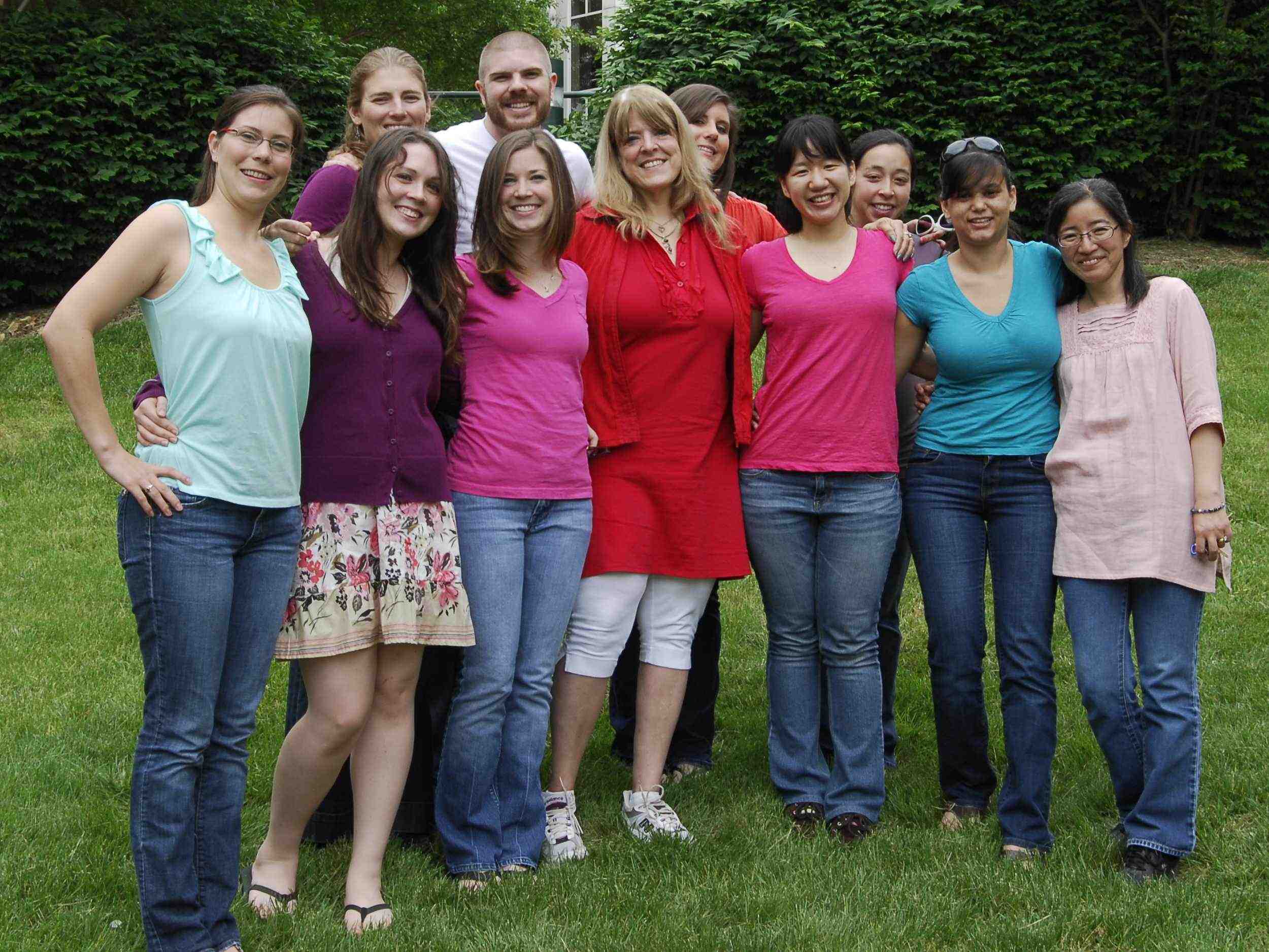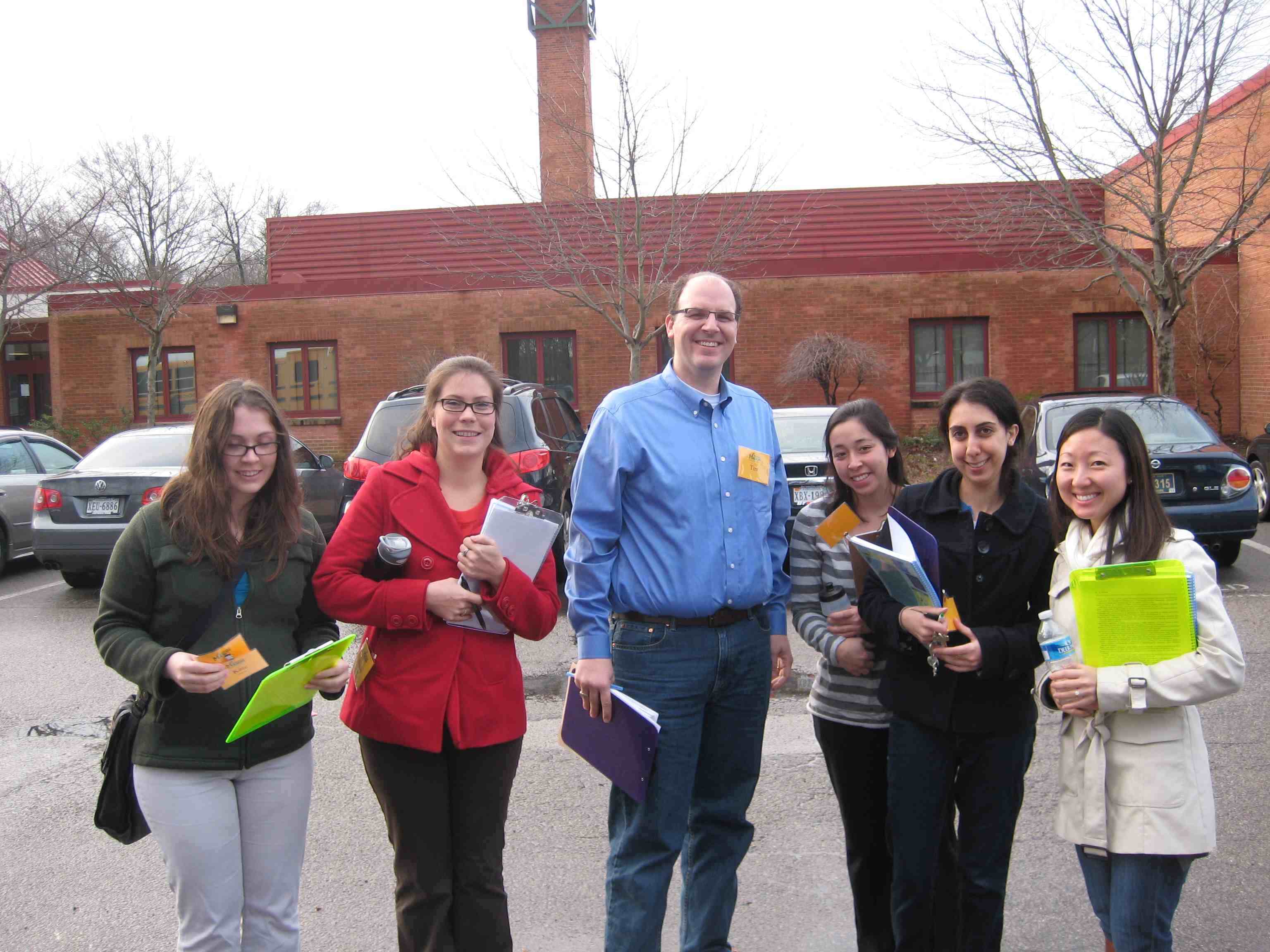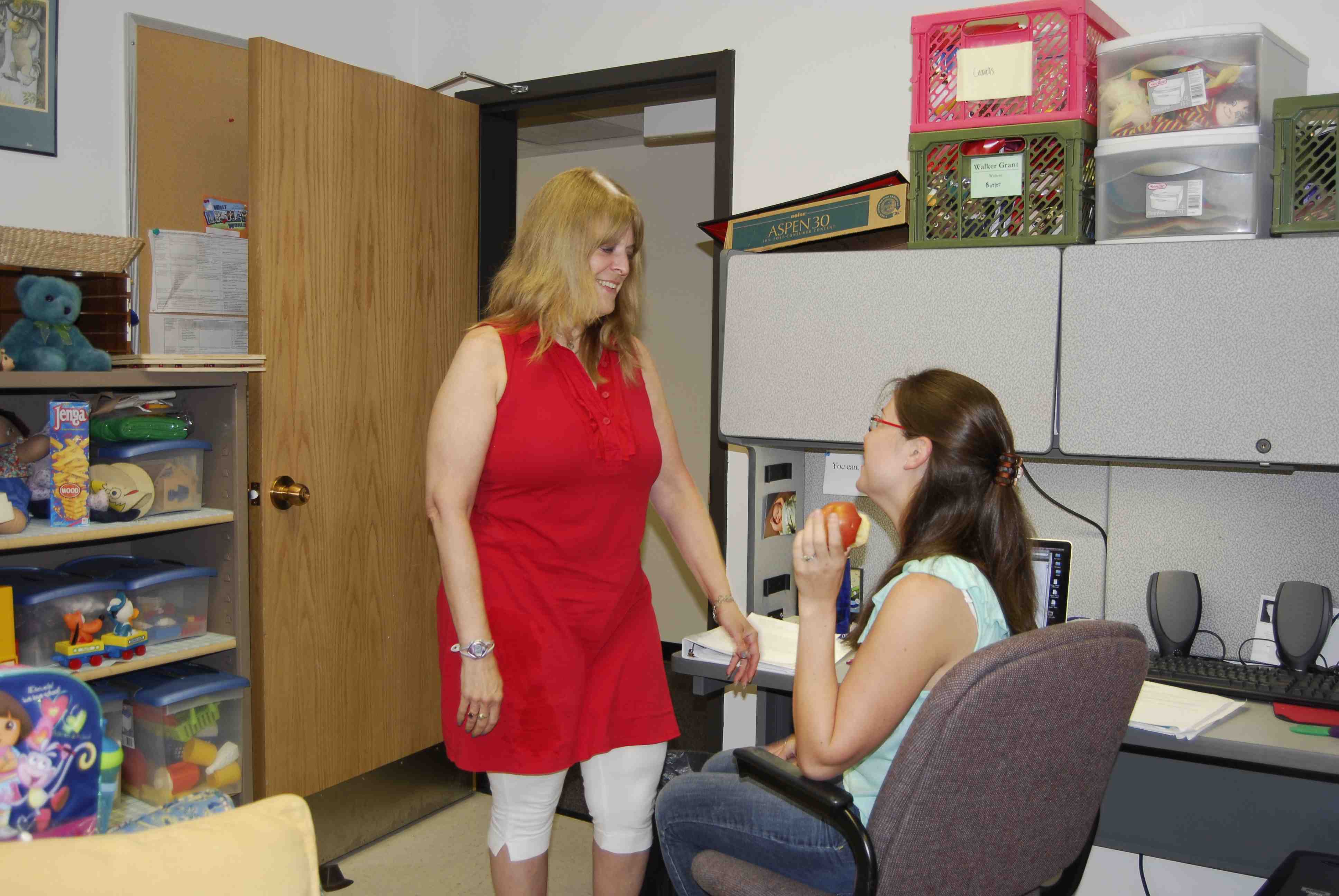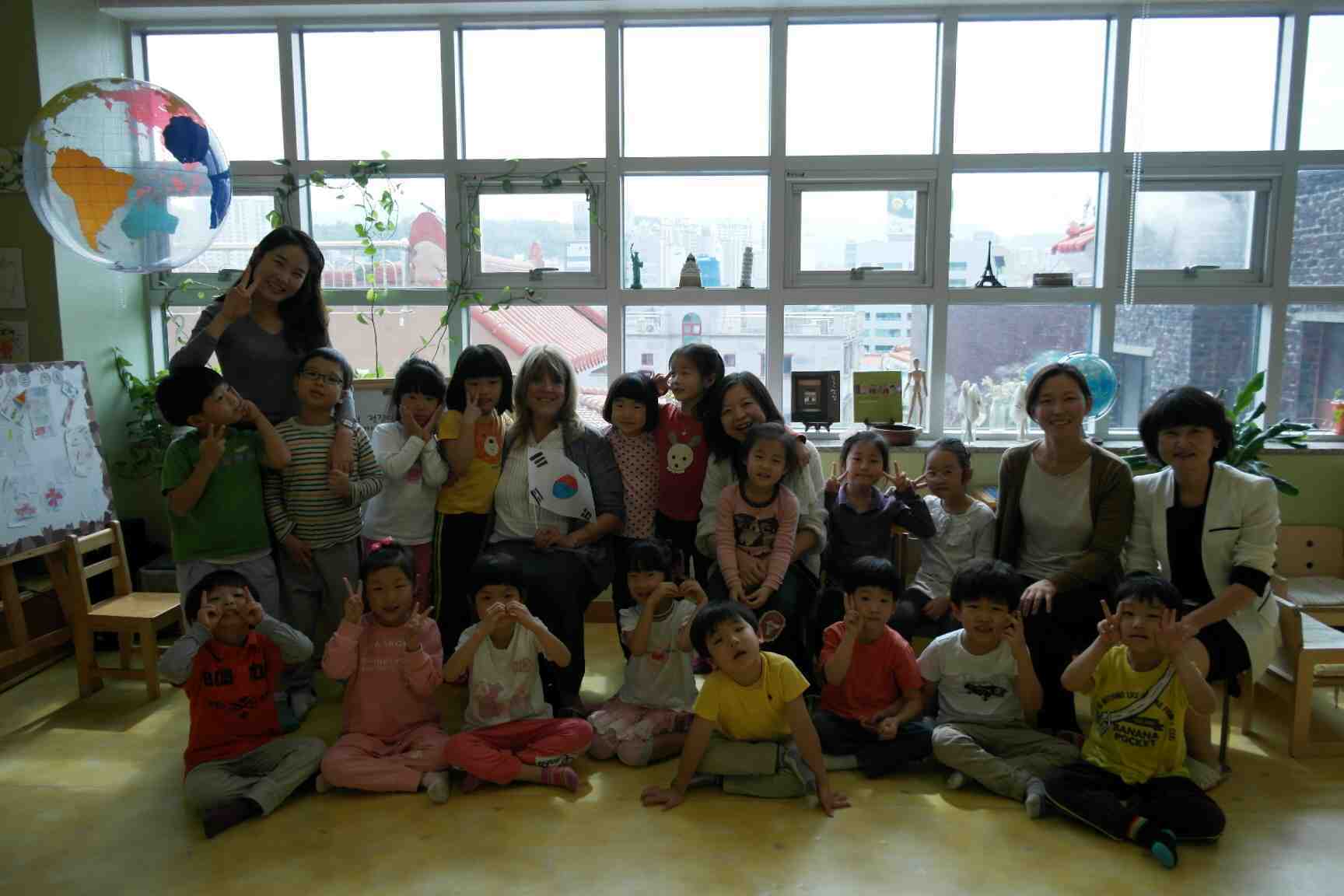George Mason University
Child Development Lab
Department of Psychology
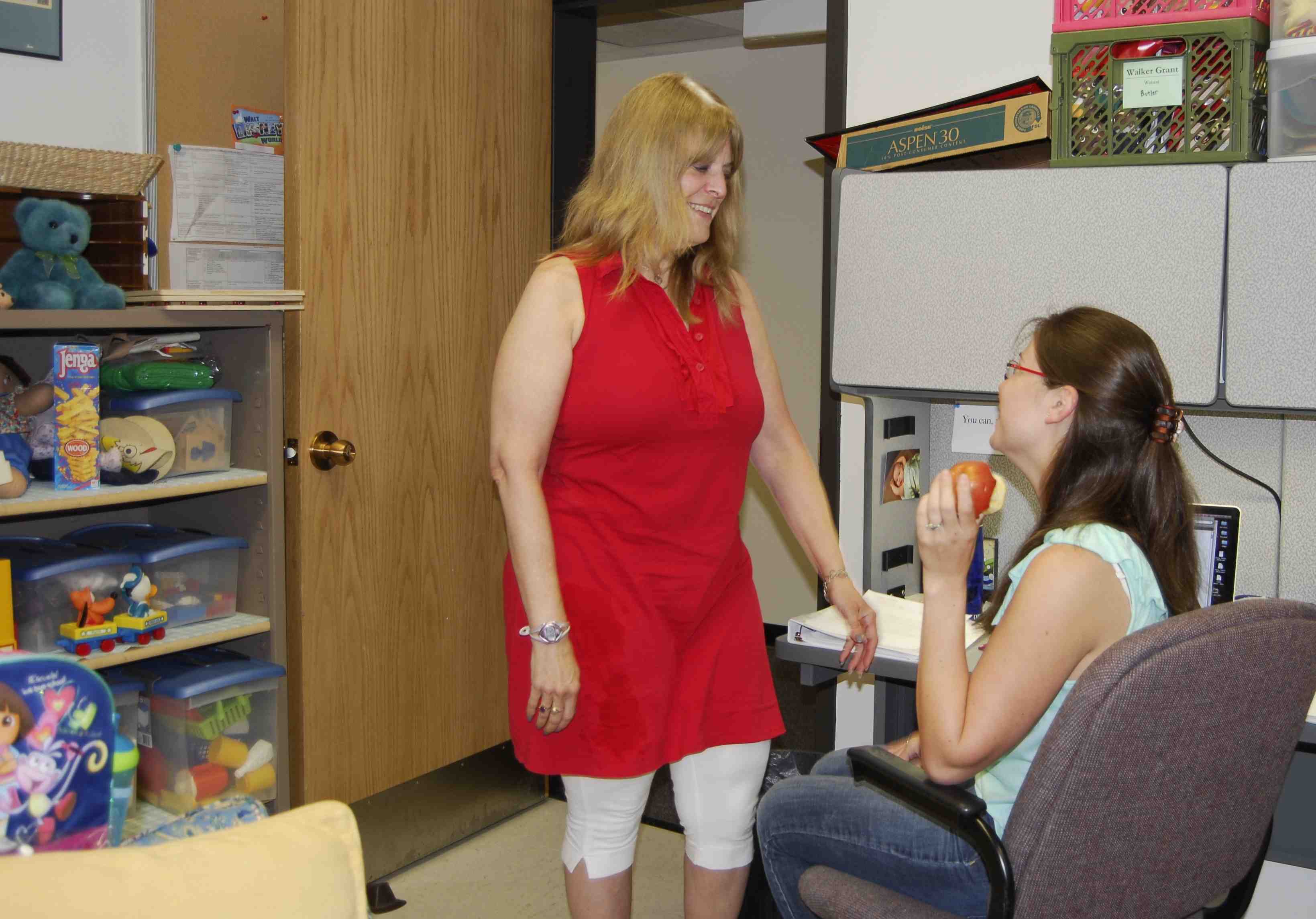
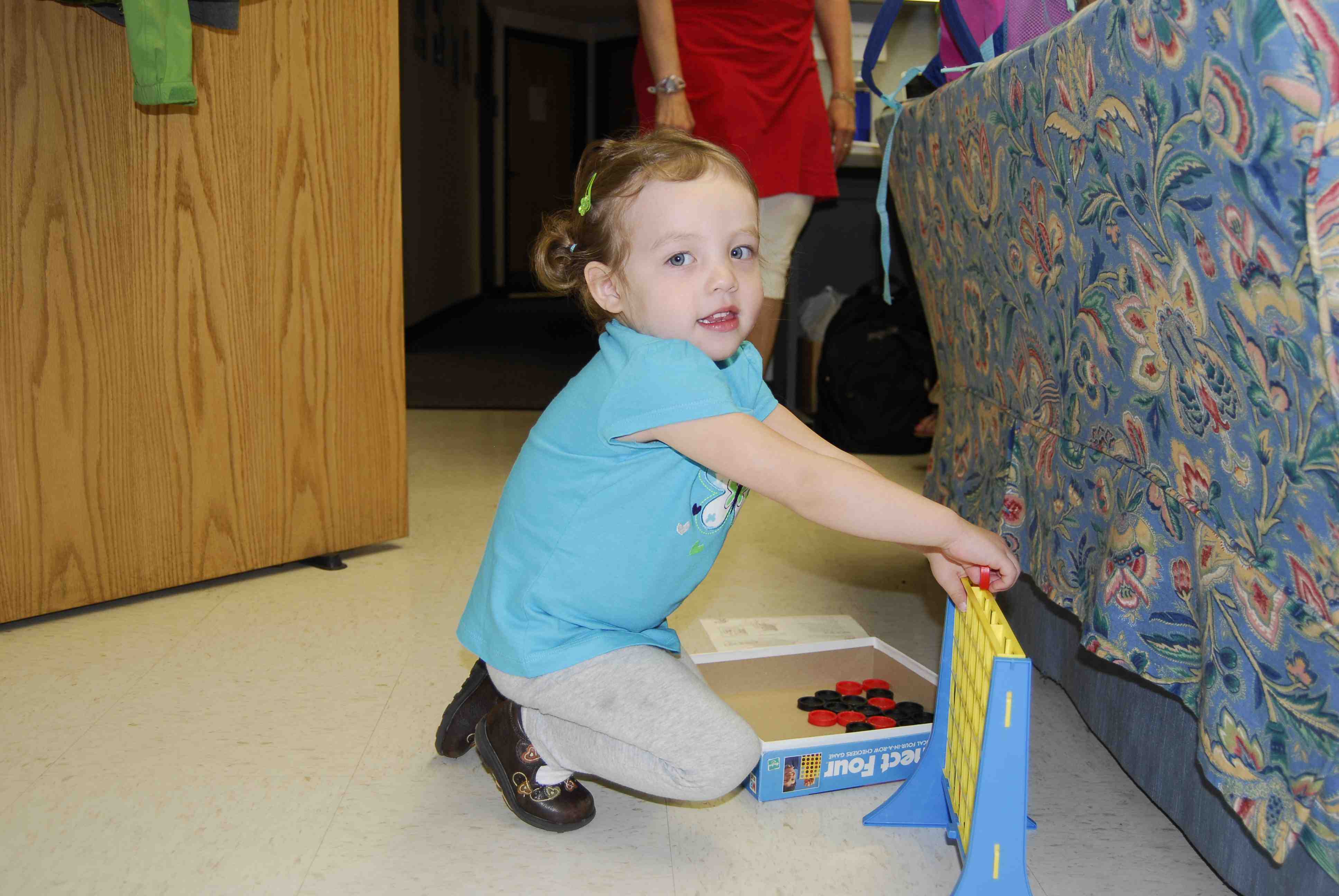
Welcome!
The topic of assessment during early childhood, and its relation to school readiness and its use in intervention and policy, is currently hotly debated at the local, state, and Federal levels. Expanding early childhood education/child care enrollments, better scientific knowledge about early childhood development, and decisions about public spending, all oblige persons working with young children, and their parents, to carefully consider which assessment tools to use, as well as why and when to use them. We need to utilize assessments that yield the most-needed, developmentally grounded information, most economically and most ethically in terms of teacher, parent, and child time, effort, and attention. In particular, better social and emotional assessment tools are sorely needed.
There has recently been blossoming of attention to these areas during early childhood, as crucial for both concurrent and later well-being and mental health, as well as learning and academic success. Thus, in our Teachers as Socializers of Social Emotional Learning (TASSEL) project, we sought to assess teachers’ means of modeling emotional expressiveness, reacting to children’s emotions, and teaching about emotions through the use of both teacher self‐report and observational measures of each of these components. The early childhood setting differs in important ways from the family context, so other issues could impact a teachers’ socializing of emotion, easing or hampering the ability to be a positive force in this area. These factors (e.g., job stress, education, staff/child ratio) must also be studied. For our other project, Computerized Assessment of Preschool Social-emotional Learning (CAPSEL), we computerized a battery of assessments measuring children's social and emotional competence. These computerized tools promise great utility in early childhood educational settings, and continue to be refined for instructional and outcome-based purposes.
Data collection finished in 2016 and we would like to thank all of the families, teachers, directors, and centers for their help!
